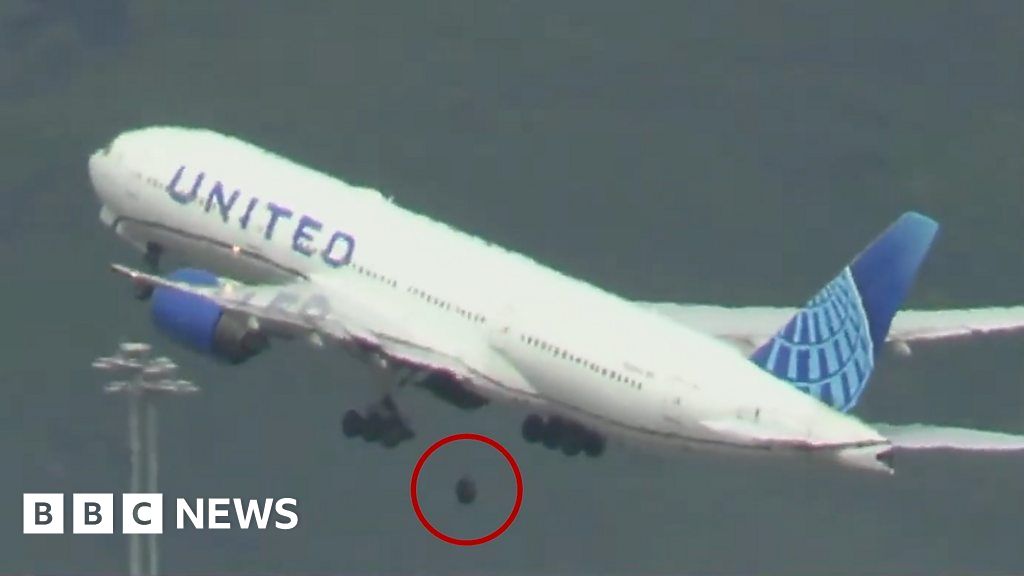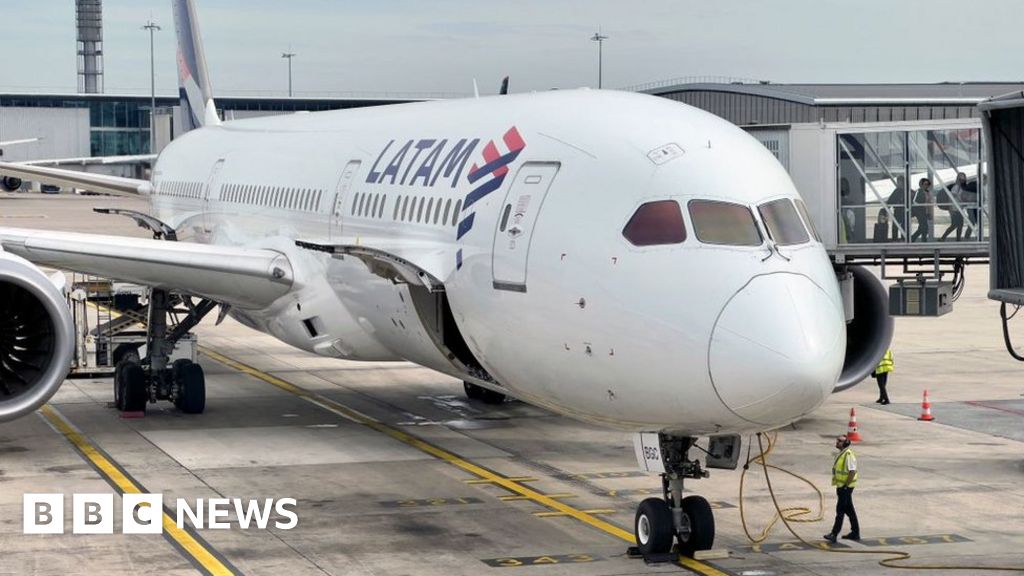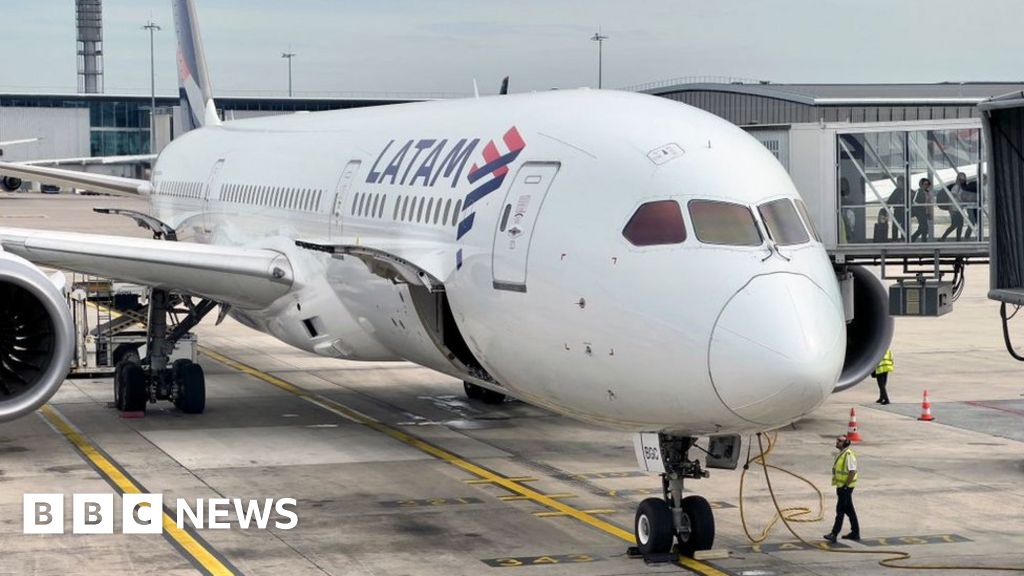Admiral Beez
Major
The problem is, there's no competition. If you need an airliner, it's Boeing or Airbus. As Boeing struggles, Airbus can increase their prices or terms, making the less pricey, yet dodgy QA at Boeing seem more economically attractive.It does make you wonder how many potential sales they've lost now because of this, and if those lost sales were worth more than the savings from ignoring quality issues?



